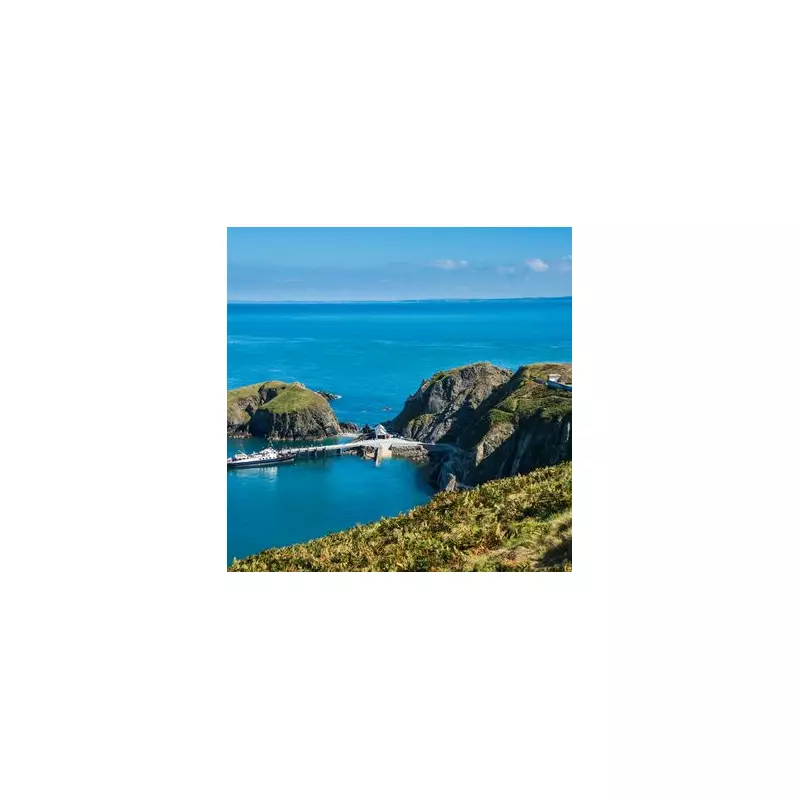
Tucked away in the Bristol Channel, just 12 miles off the coast of Devon, lies a remarkable secret waiting to be discovered by adventurous travellers. Lundy Island offers a escape so peaceful that the only traffic jams involve wandering Soay sheep and wild ponies.
A World Apart From the Mainland
This three-mile-long sliver of land operates on its own time—literally. Visitors quickly adapt to 'Lundy Time,' where clocks are set differently from the mainland, reinforcing the feeling of having entered another world. The island's name itself, derived from the Old Norse for 'Puffin Island,' hints at its ancient charm and natural wonders.
Island Life Without Modern Hassles
What truly sets Lundy apart is what's missing: the constant hum of engines. Cars are completely prohibited, with the island's few vehicles restricted to essential farm work. Instead, visitors explore on foot, following winding paths that reveal breathtaking cliffs, hidden coves, and dramatic seascapes.
The human population is vastly outnumbered by the island's residents. With just 28 permanent inhabitants, Lundy is home to:
- Wild ponies that roam freely
- A population of Sika deer
- Soay sheep wandering the landscape
- Distinctive Lundy cows
- Most famously, the Lundy pigs that have become island celebrities
Reaching This Secluded Paradise
Accessing Lundy is part of the adventure. The MS Oldenburg ferry makes the two-hour journey from Ilfracombe or Bideford, though services are weather-dependent. For those seeking a quicker arrival, a helicopter service operates during certain months, offering spectacular aerial views of this isolated gem.
Accommodation With Character
Visitors can choose from 23 self-catering properties, many converted from historic buildings that tell the island's rich story. For the truly adventurous, a campsite offers the chance to sleep under the stars, surrounded by nothing but the sounds of nature.
A Conservation Success Story
Managed by the Landmark Trust since 1969, Lundy has become a conservation triumph. The island's marine area was designated England's first Marine Conservation Zone, protecting its diverse underwater ecosystems. Above water, the island serves as an important breeding ground for seabirds, including the puffins that gave Lundy its Norse name.
Whether you're seeking solitude, wildlife encounters, or simply a break from the relentless pace of modern life, Lundy Island offers a unique British escape that feels worlds away from the everyday.





